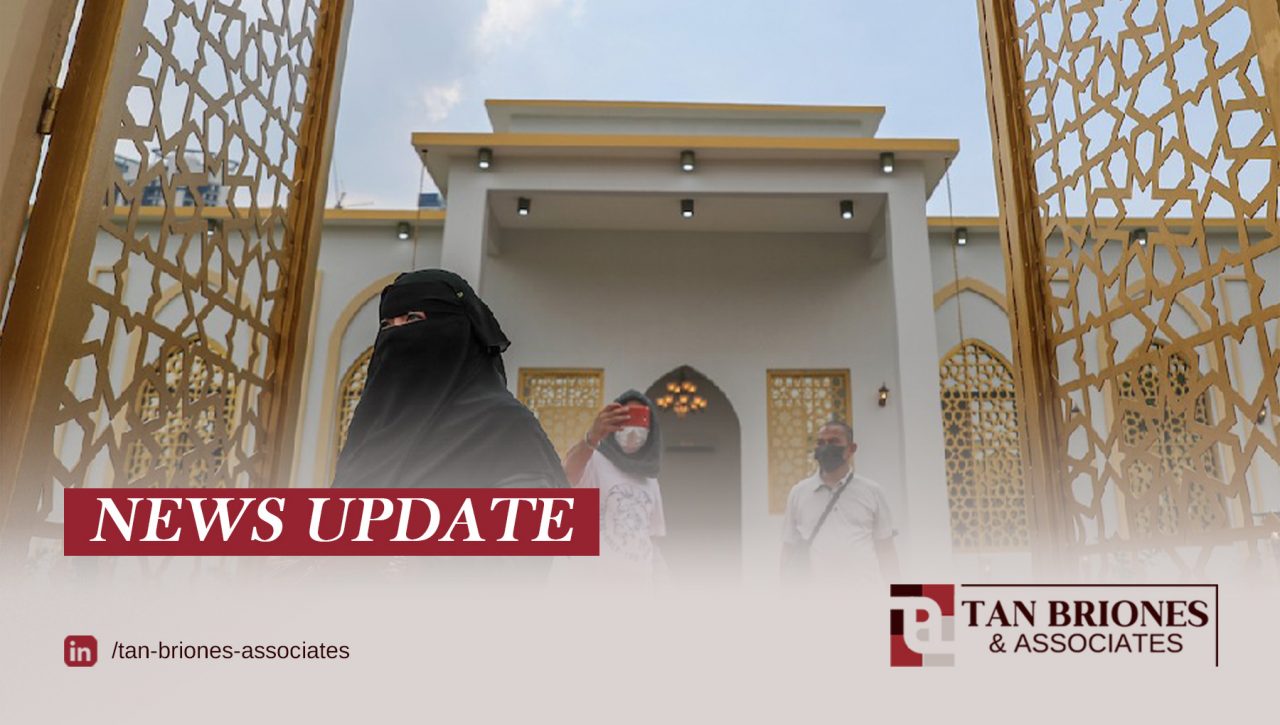
A bill ensuring the right of Muslims to bury their deceased according to Islamic traditions is nearing enactment, while a related measure on cemetery access for religious groups and indigenous peoples is already in motion after Senate approval.
Senate President Francis Escudero announced that the Philippine Islamic Burial Act, which aims to respect the Islamic tradition that requires swift interment within 24 hours of death, is now awaiting President Ferdinand Marcos Jr.’s signature.
“Our Muslim brothers and sisters have long been waiting for this law that will guarantee their loved ones are buried shortly after their death.” Senate President Escudero stressed.
The Philippine Islamic Burial Act guarantees that deceased Muslims may be buried immediately, without the need for a death certificate, provided that the person performing the burial rites or the next of kin reports the death to the local health officer within 14 days of the burial.
To ensure that Muslim burial practices are adhered to without bureaucratic delays, the measure requires hospitals and other facilities to release the remains of the deceased within 24 hours, regardless of whether funeral bills have been settled.
Meanwhile, the Senate has also approved Senate Bill No. 1273 or the Equal Access to Public Cemeteries Act, which seeks to guarantee that Muslims, indigenous peoples (IPs), and other religious groups have designated burial spaces in public cemeteries across the country.
The bill mandates local government units (LGUs) to allocate specific areas in public cemeteries for these groups, ensuring that they can observe their religious and cultural burial customs.
If public cemeteries are unable to meet the required standards, LGUs will be tasked with acquiring additional land—potentially even outside their jurisdiction—to establish burial grounds compliant with these traditions.
Both pieces of legislation are seen as addressing the gaps in the Code of Muslim Personal Laws, enacted in 1977, which governs family and property matters for Filipino Muslims but does not provide clear guidelines on burial practices.
Escudero cited steps already taken by local governments to accommodate Muslim burial customs, such as the Manila Islamic Cemetery, inaugurated in 2021, which provides Muslims in the area with a dedicated space to perform their religious rites.
“We value the beliefs and traditions of our Muslim brothers and sisters, indigenous peoples, and other religions in burying their loved ones,” Escudero furthered.
Follow Tan Briones & Associates on LinkedIn for more legal updates and law-related articles.







